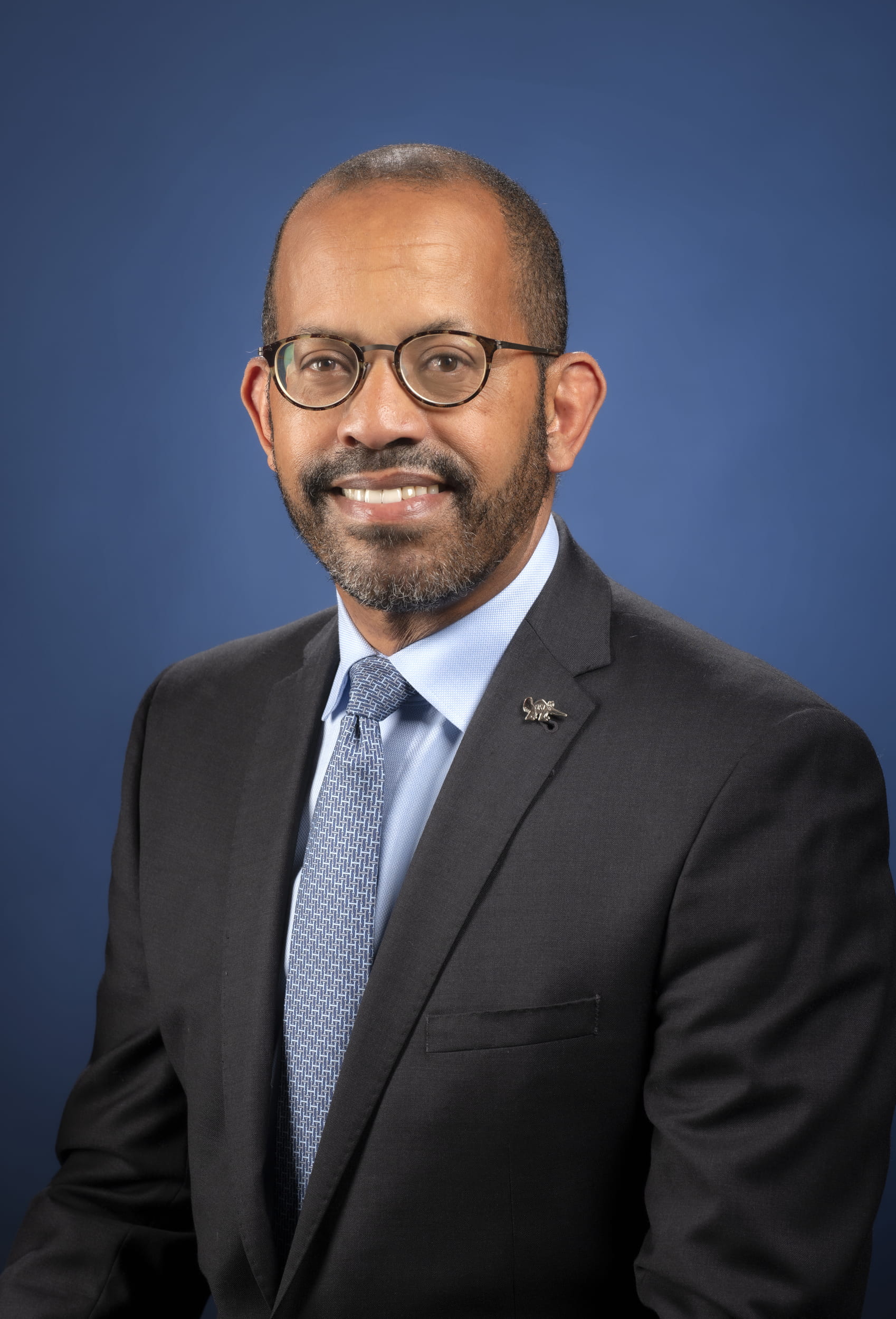UCI launches Black Thriving Initiative
Institutional transformation strives to promote Black well-being and success

Irvine, Calif., Aug. 25, 2020 — Changing the culture, leveraging the mission and engaging communities are the key components of a far-reaching new initiative at the University of California, Irvine to create a campus culture in which Black people thrive. The initiative recognizes and responds to systemic anti-Blackness as an existential threat to the mission of the university and calls on all members of the campus community to confront anti-Blackness. Students, faculty and staff are all empowered to accelerate their understanding of the Black experience through action platforms designed to produce an institutional shift at UCI for Black success.
“The Black Thriving Initiative is UCI’s response to a national imperative. The unrest that we are witnessing across the country is about the persistence of systemic oppression and exclusion from educational opportunity, participation in the economy, access to healthcare and other areas essential to social justice and human well-being,” said Douglas Haynes, vice chancellor for equity, diversity and inclusion. “As a great public research university, UCI is uniquely positioned to set an example for institutional transformation. Our Black Thriving Initiative not only builds on the enduring campus commitment to inclusive excellence but also specifically addresses anti-Blackness as a precondition to building and sustaining a thriving culture for Black people.”
Motivated by the May killing of George Floyd in police custody in Minneapolis, UCI’s Black Thriving Initiative aims to mobilize the whole university to promote Black student success, degree completion and advancement in academic programs, with a goal of making UCI a first choice for Black students. Key priorities for the initiative are: promoting accountability for anti-Blackness through understanding; leveraging the research mission to advance understanding of the Black experience and drivers of well-being; and engage Black communities by linking UCI’s future as a public research university to the success of Black people.
“In the face of the COVID-19 pandemic, we mobilized a whole-university response; every corner of the campus did its part and made a contribution. We knew we were all in it together,” said Chancellor Howard Gillman. “Confronting anti-Blackness, systemic racism and long-standing systems of exclusion and oppression also demands a whole-university response, where we all take responsibility for creating a more free and just society.”
The UCI Black Thriving Initiative harnesses campus momentum. Dr. Michael Drake, the new president of the University of California and the first Black president in the system’s nearly 150-year history, paved the way as the first Black chancellor at UCI, where he served from 2005 to 2014. Between 2009 and 2019, Black faculty at the campus doubled to 3.9 percent. This fall, UCI will welcome the largest number of Black faculty hired in a single year, 13. In January, The Paul Merage School of Business will welcome Dr. Ian Williamson as dean – the first Black dean of the school and the only one among the UC’s six business schools. He will join law school Dean L. Song Richardson, who’s the only Black dean among the UC’s five law schools.
For the past three years, UCI has been among the top three UC destination campuses for applications from Black high school seniors and community college transfer students. Transforming the professorate and creating an environment for Black faculty, students and staff to thrive animates this historic initiative.
The Black Thriving Initiative’s outward-facing platform is to engage with Black communities by linking the future of UCI to the success of Black people. This longer-term strategy involves fortifying relationships with Black organizations, working with Black alumni, elevating awareness of UCI’s commitment to a thriving culture throughout the state and across the country, and investing in student success and honoring faculty.
A May 31 message from Gillman to the campus in the wake of Floyd’s death read, in part: “With input from campus stakeholders and community, this initiative will ensure that our campus community is educated about anti-Blackness, takes steps to dismantle anti-Black sentiment, enhances scholarly expertise and research, promotes the intellectual and cultural capital of Black communities, transforms the professoriate and knowledge workforce of the future, and identifies other ways we can rise to the serious challenges confronting all of us.”
Vice Chancellor Haynes participated in the UCI Podcast to discuss The Future of Social Justice. In this edition, Haynes offers his perspective on this pivotal time in U.S. history and discusses what’s happening on campus, such as with the UCI Black Thriving Initiative.
UCI was named an Asian American and Native American Pacific Islander-Serving Institution in 2016 and a Hispanic-Serving Institution in 2017. These federal designations align with the campus’s aspiration to be a national leader and global model of inclusive excellence.
About the University of California, Irvine: Founded in 1965, UCI is the youngest member of the prestigious Association of American Universities. The campus has produced three Nobel laureates and is known for its academic achievement, premier research, innovation and anteater mascot. Led by Chancellor Howard Gillman, UCI has more than 36,000 students and offers 222 degree programs. It’s located in one of the world’s safest and most economically vibrant communities and is Orange County’s second-largest employer, contributing $5 billion annually to the local economy. For more on UCI, visit www.uci.edu.
Media access: Radio programs/stations may, for a fee, use an on-campus ISDN line to interview UCI faculty and experts, subject to availability and university approval. For more UCI news, visit wp.communications.uci.edu. Additional resources for journalists may be found at communications.uci.edu/for-journalists.